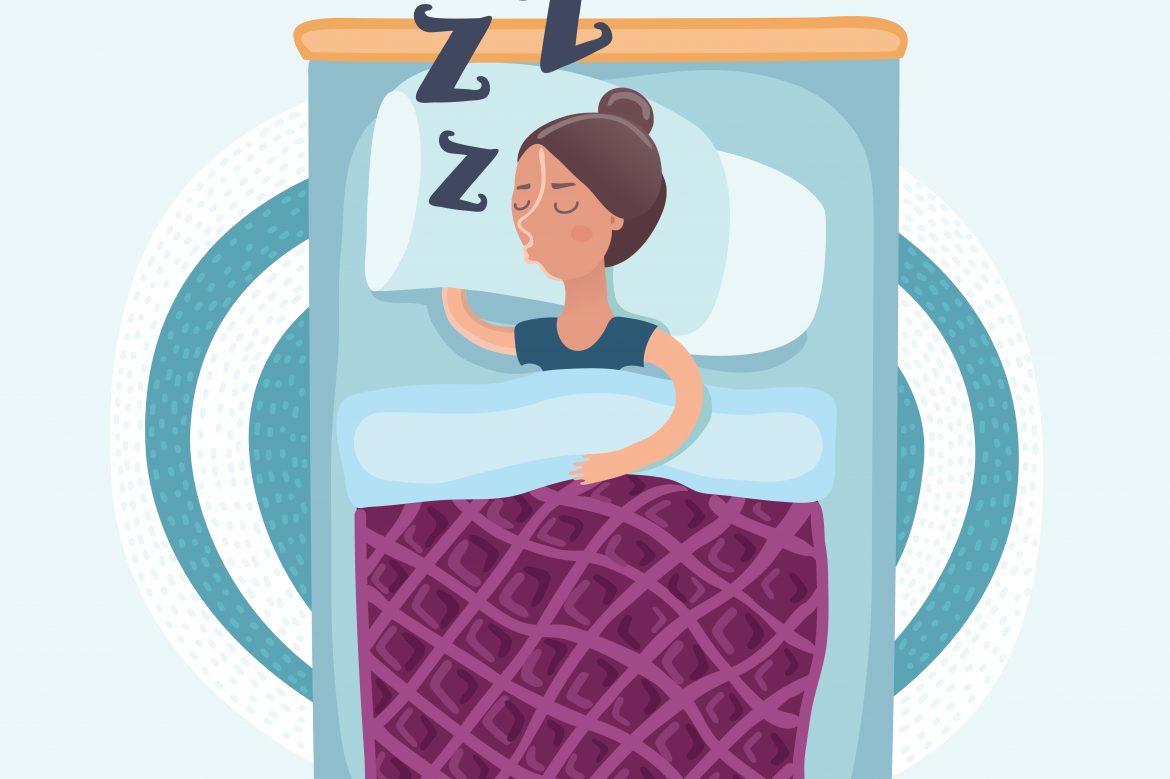
Does Sleep Make Us More Generous?
We all know how the morning after a sleepless night goes…Wake up, hit snooze, feel irritated that it’s only a random Tuesday and make LOTS of coffee. Let’s be honest, we need quality sleep to not only feel our best but also to make the most out of our day.
A brand new study by research scientist Eti Ben Simon, psychology professor Matthew Walker from the University of California, Berkeley and colleagues highlights yet another crucial benefit of sleep: generosity.
“Over the past 20 years, we have discovered a very intimate link between our sleep health and our mental health. Indeed, we’ve not been able to discover a single major psychiatric condition in which sleep is normal,” explains Walker. Moreover, the new research demonstrates that sleep – or lack of it – deeply impacts how attentive we are to other people’s needs and what we can do to help them.
The scientists did three studies to understand the association between sleep deprivation and willingness to help others. In the first study, Simon and colleagues used a functional magnetic resonance imager (fMRI) to scan the brains of 24 healthy volunteers after a night of no sleep and after 8 hours of sleep. The fMRI scans revealed key information about the Theory of Mind network in the brain.
According to the researchers, there are regions in the brain that “light up” when we are more considerate of other people’s wants and needs. Moreover, these brain areas are related to the Theory of Mind network. Theory of Mind refers to our ability to empathize with others and understand the nature of their beliefs. When Simon and the research team analyzed the brain scans of study participants, they found sleep deprivation to negatively impact this network. In other words, the Theory of Mind network was less active in participants who did not get any sleep. Therefore, the researchers propose that lack of sleep hinders our ability to interact with and truly show up for others.
The second study was done online with over a hundred people. The scientists tracked study volunteers over three to four nights to assess how sleep quality (e.g., sleep duration) might affect people’s desire to help others (e.g., holding an elevator door open). People’s responses showed that the desire to help decreases with each sleepless night. If someone slept poorly, he/she was less likely to want to volunteer, for instance.
Finally, Simon and colleagues wanted to figure out how Daylight Savings Time might affect people’s donations to charity. So, they combed through a database of 3 million charitable donations in the United States between 2001 and 2016 following the transition to Daylight Savings Time.
Can you guess what they found?
There was a 10% drop in donations in regions that changed clocks. According to Walker, “A lack of sleep makes people less empathetic, less generous, more socially withdrawn, and it’s infectious — there is the contagion of loneliness.”
All in all, these studies lend further evidence for how significant sleep really is. Indeed, it might be a good idea to check in with our sleep schedule, especially on days we feel socially off.
Now it’s your turn! How does sleep affect the overall quality of your social connections?
REFERENCES
- 1. Simon, E. B., Vallat, R., Rossi, A., & Walker. M. P. (2022). Sleep loss leads to the withdrawal of human helping across individuals, groups, and large-scale societies. PLOS Biology, 20 (8): e3001733 DOI: 10.1371/journal.pbio.3001733
- 2. https://www.sciencedaily.com/releases/2022/08/220823143827.htm
